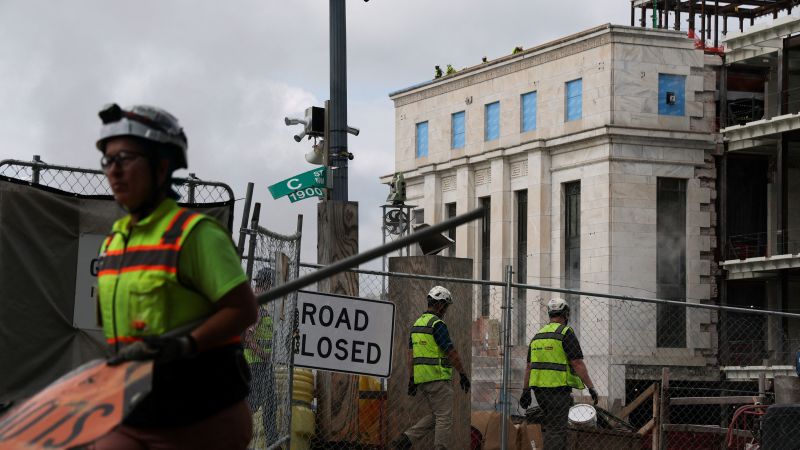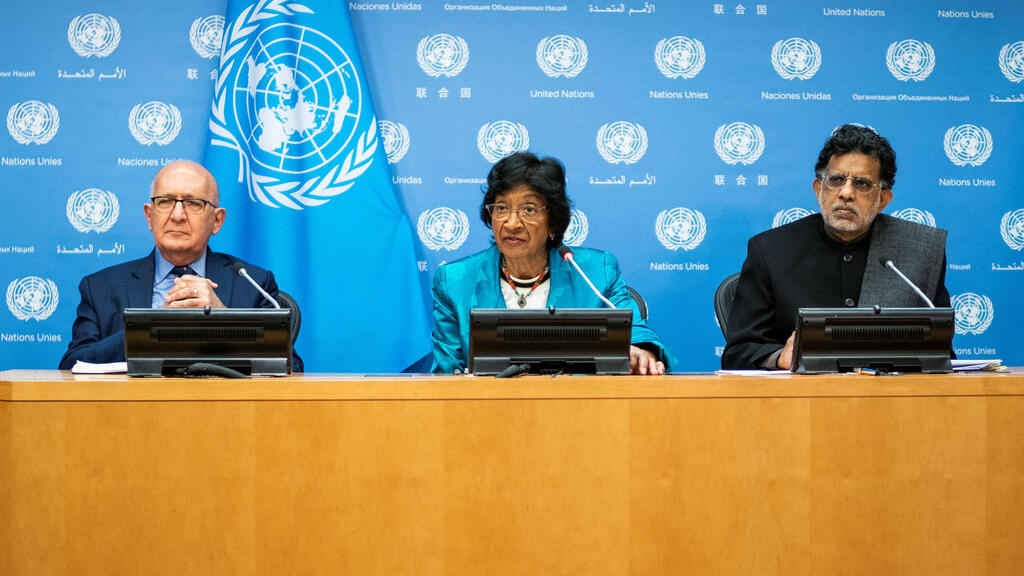The focus now is on search and relief efforts to recover the bodies of missing residents.
Osama Hammad, the prime minister of the eastern-based government, called for specialists to retrieve the bodies, expressing concerns about the potential health risks from the decaying corpses. He emphasized the need to completely close off and confine the area.
According to Ahmed Zouiten, the representative of the World Health Organization in Libya, there are conflicting reports on the death toll, but the most important thing is that the number exceeds thousands. The WHO reported recovering 3,460 corpses so far.
The immediate priority is to extract and bury all the bodies. Three hospitals are completely out of service, and the remaining ones are only partially operational.
“The scale of this disaster is unprecedented,” Zouiten stated. “Now, the retrieval and burial of the bodies are crucial before they decompose and cause environmental issues.”
There are also a significant number of displaced individuals who are in urgent need of medical attention.
The International Committee for the Red Cross has provided 6,000 body bags to help ensure dignified treatment of the deceased. Yann Fridez, head of the ICRC’s Libya delegation, stated that a 23-foot (7-meter) wave destroyed buildings and washed away infrastructure.
Humanitarian efforts to reach the flood-hit east have been hindered by serious damage to roads. Additionally, the presence of unexploded ordnance and abandoned ammunition stores in Derna poses a threat to the city’s residents.
According to the United Nations’ World Meteorological Organization, this tragedy could have been prevented with proper early warning services. Despite the severity of Storm Daniel, no evacuation orders were issued.
Petteri Taalas, the head of the WMO, stated that if there had been functioning services in Libya, warnings could have been issued, and evacuation measures could have saved many lives.
The flooding in Derna occurred when floodwaters overflowed from surrounding hills, breached two dams, and submerged a significant portion of the city, which remains underwater even days later.
The extent of the disaster is evident around 85 miles outside of Derna, where fields are filled with stagnant floodwaters. Aid trucks and excavators from across the country are heading into the affected area, while vehicles leaving the flood zone are covered in red silt.
Libya has been divided between two warring rival governments for years. In response to the floods, the United Nations-backed western government has sent aid convoys to the east and instructed a cruise ship to provide shelter for rescue teams in Derna port for at least 60 days.
Kareem Fahim in Istanbul contributed to this report.














